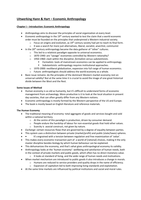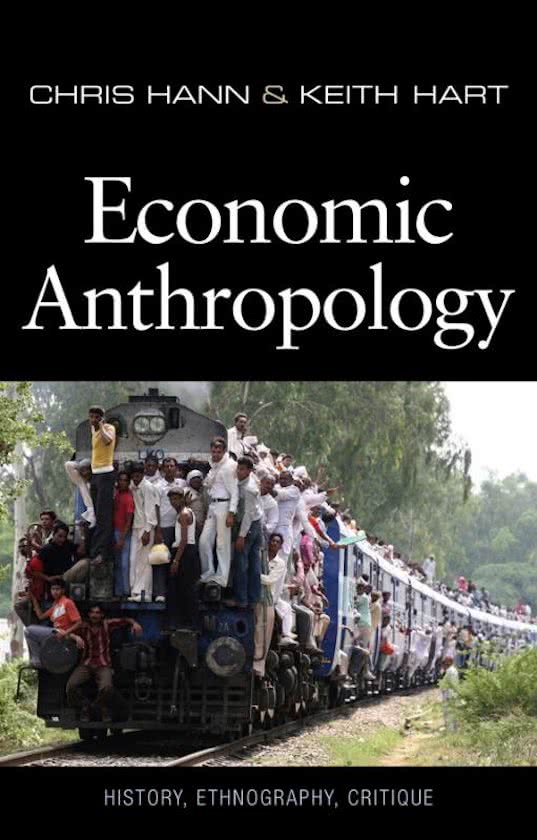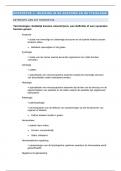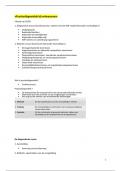Samenvatting
Samenvatting Hann & Hart - Economic Anthropology
- Instelling
- Radboud Universiteit Nijmegen (RU)
Summary study book Economic Anthropology of Keith Hart, Chris Hahn - ISBN: 9780745644837, Edition: 1, Year of publication: februari 2 (9 pagina's.)
[Meer zien]








